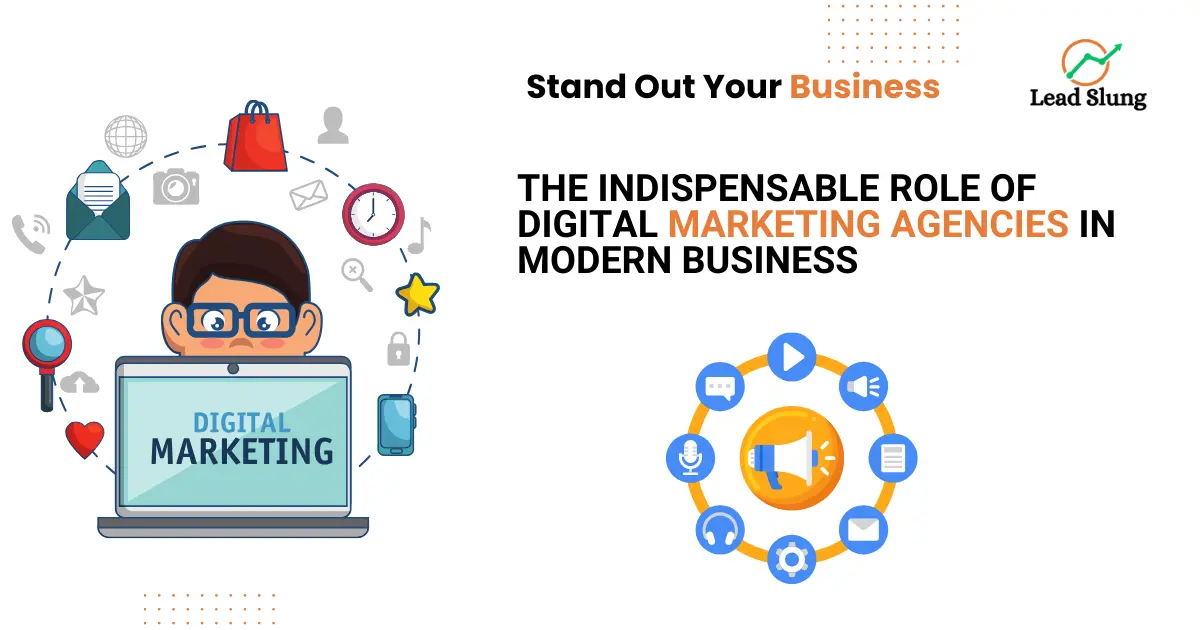In today’s digital age, having a website is not just an option but a necessity for businesses of all sizes. Whether you are a small local shop or a large multinational corporation, a website plays a crucial role in your business strategy. Here are ten compelling reasons why your business needs a website.
1. 24/7 Online Presence
One of the most significant advantages of having a website is that it provides a 24/7 online presence. Unlike a physical store with limited hours, a website allows potential customers to learn about your products or services, make inquiries, and even make purchases at any time of the day or night. This continuous availability ensures you never miss out on opportunities to attract and serve customers.
2. Credibility and Trust
In the modern marketplace, consumers expect businesses to have an online presence. A professional website adds credibility and trust to your brand. Without a website, potential customers might question the legitimacy and seriousness of your business. A well-designed website with customer testimonials, case studies, and detailed information about your products or services can significantly enhance your credibility.
3. Cost-Effective Marketing
A website is a cost-effective marketing tool. Traditional marketing methods such as print ads, TV commercials, and billboards can be expensive and have limited reach. In contrast, a website allows you to reach a global audience at a fraction of the cost. Moreover, digital marketing techniques such as SEO (Search Engine Optimization), content marketing, and social media integration can drive targeted traffic to your website, increasing your return on investment (ROI).
4. Increased Visibility and Reach
With the vast majority of consumers using the internet to search for products and services, having a website increases your visibility and reach. By optimizing your website for search engines, you can attract potential customers who are actively looking for what you offer. Additionally, a website can be shared easily through social media, email marketing, and other online platforms, further expanding your reach.
5. Showcase Your Products and Services
A website provides an excellent platform to showcase your products and services. High-quality images, detailed descriptions, and customer reviews can help potential customers make informed decisions. You can also update your offerings easily, ensuring that your customers always have access to the latest information about your business.
6. Improved Customer Service
A website can significantly enhance your customer service capabilities. Features such as FAQs, live chat, and contact forms allow customers to get the information they need quickly and efficiently. This not only improves customer satisfaction but also frees up your staff to focus on more complex customer inquiries and tasks.
7. Data Collection and Customer Insights
A website allows you to collect valuable data about your customers and their behavior. Analytics tools can provide insights into how visitors find your website, which pages they visit, how long they stay, and what actions they take. This data can help you understand your audience better, optimize your website for better performance, and tailor your marketing strategies to meet your customers’ needs more effectively.
8. Competitive Advantage
In a competitive market, having a website can give you a significant edge over businesses that do not have an online presence. A well-designed website with valuable content, easy navigation, and strong calls to action can attract customers who might otherwise go to your competitors. Additionally, a website allows you to showcase your unique selling points and differentiate yourself from the competition.
9. E-Commerce Opportunities
For businesses selling products, a website opens up a world of e-commerce opportunities. An online store allows you to sell your products to customers beyond your local area, reaching a global audience. E-commerce platforms can be integrated with your website, providing a seamless shopping experience for your customers and increasing your sales potential.
10. Adaptability and Scalability
A website provides adaptability and scalability as your business grows and evolves. You can easily update your website with new products, services, and content without the need for significant investment or downtime. This flexibility allows you to respond quickly to market changes, customer feedback, and emerging trends, ensuring that your business stays relevant and competitive.
11. Enhanced Brand Identity
A website is a powerful tool for building and enhancing your brand identity. Through consistent use of logos, color schemes, and messaging, you can create a cohesive and professional image that resonates with your target audience. Your website can also serve as a platform for sharing your brand’s story, values, and mission, helping to build a deeper connection with your customers.
12. Better Customer Engagement
Engaging with your customers is crucial for building long-term relationships. A website offers numerous ways to interact with your audience, such as blogs, newsletters, and social media links. By providing valuable content and fostering communication, you can keep your customers engaged, informed, and loyal to your brand.
13. Showcasing Your Expertise
A website is an excellent platform to showcase your expertise and establish yourself as an authority in your industry. By publishing informative articles, how-to guides, and industry insights, you can demonstrate your knowledge and provide value to your audience. This not only attracts potential customers but also builds trust and credibility.
14. Effective Advertising Platform
Your website can serve as a hub for your online advertising efforts. Pay-per-click (PPC) advertising, social media ads, and other digital marketing strategies can drive traffic to your website, where visitors can learn more about your business and make purchases. By tracking the performance of your ads through analytics, you can refine your strategies for better results.
15. Job Opportunities
A website can also be a valuable tool for recruitment. By posting job openings and career information, you can attract potential employees who are a good fit for your business. Providing detailed information about your company culture, benefits, and career development opportunities can help you attract top talent.
Conclusion
In today’s digital world, having a website is essential for any business looking to succeed and grow. A website provides a 24/7 online presence, enhances credibility, offers cost-effective marketing, increases visibility and reach, and improves customer service. It also allows you to collect valuable data, gain a competitive advantage, explore e-commerce opportunities, and adapt to changing market conditions.


